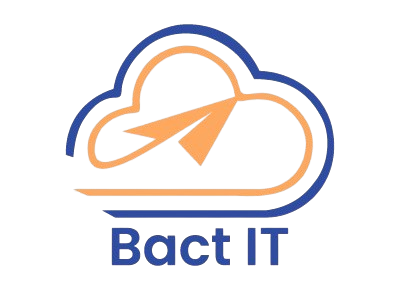Kubernetes Essentials Course

We are committed to equipping individuals and organizations with the tools and expertise they need to thrive in a rapidly changing digital world.
Request A Quote !
Kubernetes Essentials Course Outline
Duration: 24–30 Hours
Level: Beginner to Intermediate
Delivery Mode: Online / Offline
Target Audience: Developers, DevOps Engineers, System Administrators, Cloud Engineers
Module 1: Introduction to Kubernetes
- What is Kubernetes?
- Benefits of Kubernetes in DevOps and Cloud-Native Development
- Key Concepts: Pods, Nodes, Clusters, and Services
- Kubernetes vs. Docker
- Kubernetes Architecture Overview
Module 2: Setting Up Kubernetes
- Installing Kubernetes with Minikube and kubeadm
- Configuring kubectl (Command Line Tool)
- Kubernetes Cluster Setup
- Introduction to Kubernetes Cloud Providers (GKE, EKS, AKS)
- Exploring the Kubernetes Dashboard
Module 3: Pods, Deployments, and Namespaces
- Understanding Pods and Pod Lifecycle
- Creating and Managing Deployments
- Rolling Updates and Rollbacks
- Using Namespaces for Isolation
- Labels, Selectors, and Annotations
Module 4: Kubernetes Services and Networking
- Introduction to Kubernetes Services
- Types of Services: ClusterIP, NodePort, LoadBalancer, and ExternalName
- Service Discovery and DNS in Kubernetes
- Networking in Kubernetes: Ingress Controllers and Network Policies
- Managing Pod-to-Pod Communication
Module 5: Persistent Storage and Volumes
- Kubernetes Volumes: Types and Use Cases
- Configuring Persistent Volumes (PVs) and Persistent Volume Claims (PVCs)
- StatefulSets for Stateful Applications
- Storage Solutions: NFS, AWS EBS, GCE Persistent Disks
- Using Kubernetes ConfigMaps and Secrets for Configuration Management
Module 6: Scaling and Autoscaling
- Horizontal Pod Autoscaling (HPA)
- Vertical Pod Autoscaling (VPA)
- Cluster Autoscaling
- Resource Requests and Limits for Pods
- Managing Load Balancers and Scaling Applications
Module 7: Kubernetes Security
- Securing Kubernetes Clusters and Access Control
- Authentication and Authorization: RBAC, ABAC, and Service Accounts
- Network Policies for Pod Security
- Running Containers with Least Privilege
- Using Kubernetes Secrets for Sensitive Data Management
Module 8: Monitoring and Logging in Kubernetes
- Introduction to Kubernetes Monitoring Tools (Prometheus, Grafana)
- Setting Up Logs with Fluentd and ELK Stack
- Metrics Server and Custom Metrics
- Application Monitoring and Alerts
- Troubleshooting Kubernetes Pods and Deployments
Module 9: Managing Configurations and Secrets
- Using ConfigMaps for External Configuration
- Storing Secrets Securely in Kubernetes
- Secrets Management Best Practices
- Configuring Helm for Package Management
- Helm Charts for Kubernetes Deployment
Module 10: Hands-On Project and Case Studies
- Build and Deploy a Multi-Tier Application on Kubernetes
- Managing a Kubernetes Cluster in the Cloud (GKE, EKS, AKS)
- Implement CI/CD Pipelines with Kubernetes and Docker
- Kubernetes Best Practices for Production Environments
